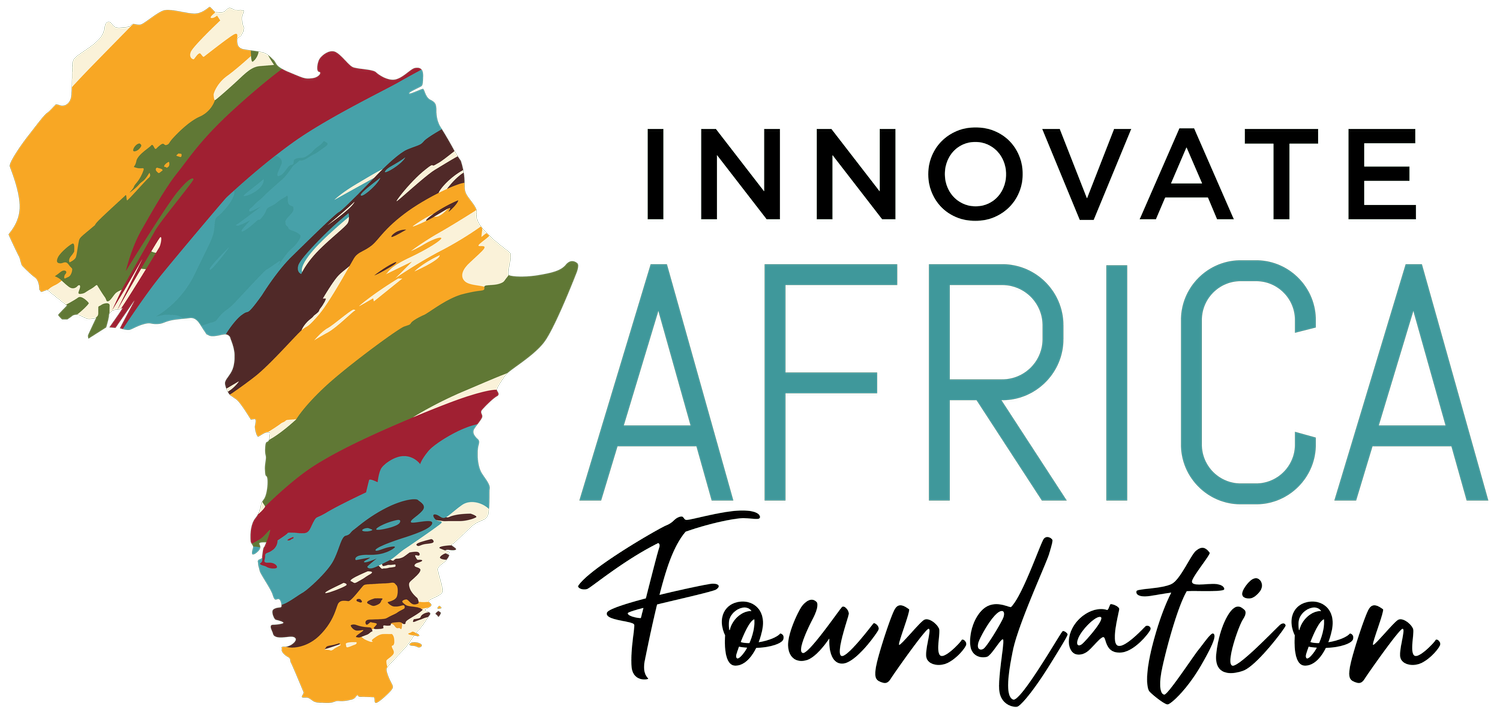Creating Sustainable Job Opportunities in Nigeria: Top 5 Things That Need to Happen
Nigeria is facing a high unemployment rate, with over 33% of the population without a job. The country's population growth, with over 50% of the population under the age of 14, further exacerbates the need for job creation and workforce development. To address this challenge, Nigeria must focus on creating sustainable job opportunities while also helping its citizens become job-ready.
Here are the top 5 things that need to happen to achieve this goal.
Invest in Skills Development: Nigeria needs to invest in the development of its human capital by providing opportunities for education and skills training. This investment will help equip Nigerians with the necessary skills to compete in a global economy. The government has taken steps in this direction by implementing programs such as the National Youth Service Corps (NYSC) and the Industrial Training Fund (ITF), which provide opportunities for skills training and work experience.
Support Entrepreneurship: Entrepreneurship can be a key driver of job creation and economic growth. Nigeria needs to provide support for entrepreneurs by providing access to funding, mentorship, and other resources. Initiatives such as the Tony Elumelu Foundation Entrepreneurship Programme and the Bank of Industry's Youth Entrepreneurship Support Programme provide support for entrepreneurs and small businesses.
Encourage Foreign Direct Investment (FDI): Foreign direct investment can bring in much-needed capital, technology, and expertise to Nigeria, creating new job opportunities. However, Nigeria needs to address the challenges that deter foreign investors, such as corruption, insecurity, and infrastructure deficits. The government has taken steps to address these issues through initiatives such as the Presidential Enabling Business Environment Council (PEBEC) and the Nigeria Investment Promotion Commission (NIPC).
Promote Agriculture: Agriculture is a significant source of employment in Nigeria, employing over 70% of the population. The government needs to provide support for the agriculture sector, including access to funding, infrastructure, and technology. Initiatives such as the Anchor Borrowers Programme and the Agricultural Transformation Agenda provide support for farmers and promote agriculture as a viable source of employment.
Develop Infrastructure: Nigeria's infrastructure deficit remains a major challenge to economic growth and job creation. The government needs to invest in the development of infrastructure, including roads, railways, airports, and ports, to enable businesses to operate more efficiently and create new job opportunities.
While these initiatives are critical to creating sustainable job opportunities in Nigeria, challenges remain. The government needs to address corruption, insecurity, and political instability to attract investment and create a conducive business environment. Private sector participation is also critical in providing support for job creation and workforce development.
In conclusion, Nigeria must take a holistic approach to job creation, focusing on skills development, entrepreneurship, foreign direct investment, agriculture, and infrastructure development. By addressing these critical areas, Nigeria can create sustainable job opportunities for its citizens and lead the nation towards sustainable transformation.
Stay Connected

